Beats behind the boom
Tomorrowland's first indoor China event draws thousands
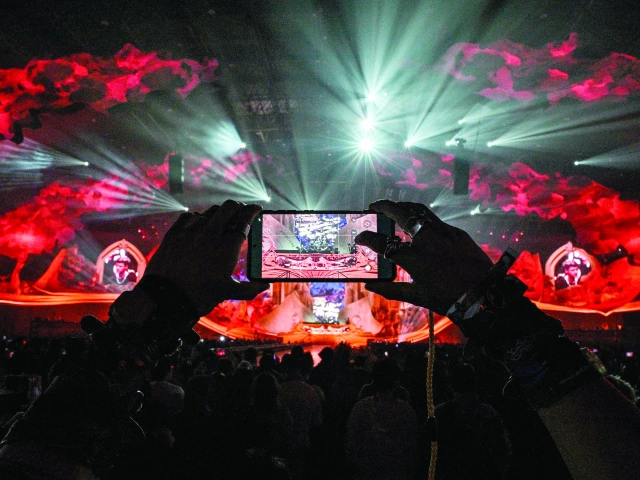
Tomorrowland made its China debut this weekend, delivering an elaborate indoor spectacle in Shanghai that doubled as a calculated bet on the country's small yet fast-developing electronic dance music scene, even as broader consumer demand in the economy remains sluggish.
The show opened with a DJ shouting "Are you ready Shanghai?!" from a glowing booth surrounded by a towering structure of light and sound, prompting thousands to roar their approval as the globally recognised festival brought its signature energy to a new audience.
Tomorrowland's home edition in Boom, Belgium, is considered a bucket-list experience for fans, and many Chinese attendees arrived eager to witness its acclaimed production. One fan, Mark, wearing sunglasses and a bright yellow arrow headdress, described the event as a dream come true.
Mark said EDM was still "relatively niche" in China but noted clear signs of change. Over the past decade, he added, interest had flourished, with even older generations becoming more familiar with the genre as its visibility increased across urban youth culture.
Tomorrowland is banking on that growing enthusiasm, particularly among young middle-class fans seeking to "premium-ise" their nightlife, according to EDM.com's Cameron Sunkel. He argued that China has the steepest demand curve for high-end EDM experiences compared with Europe and the United States.
A Tomorrowland spokeswoman told AFP the organisation believed strongly in China's long-term potential, comparing the market to Brazil, where the festival expanded in 2015. She said Brazil had also been niche at first but later developed a fast-growing community and notable local talent.
The Shanghai event, titled 'The Magic of Tomorrowland', marked the festival's first indoor edition. Many attendees gasped as they entered the cavernous hall and saw the dominating castle-like main stage backed by an enormous 374-square-metre video wall.
Across the venue's second stage, bursts of confetti shot into the air as dancers shrieked in excitement, the glitter falling in waves each time the bass dropped. The visual density echoed Tomorrowland's hallmark design philosophy of crafting complete immersive environments.
While China faces weak domestic demand in several sectors, young consumers continue spending heavily on what analysts call "emotional consumption" - experiences designed to elevate mood or create lasting memories. Concert and festival ticket revenues rose 66.5% in 2024 to nearly $4.2 billion.
Major festival brands such as Ultra and Creamfields have also staged China editions, though much momentum was lost during the pandemic. One attendee, Grace, a 29-year-old influencer, said Shanghai once had many EDM bars but the landscape had contracted significantly in recent years.
Grace said the arrival of a major global brand offered renewed excitement for fans who missed the atmosphere of pre-pandemic nightlife. She added that seeing Tomorrowland set up in China felt like a promising sign for the future of the city's music culture.
Despite the enthusiasm, Tomorrowland's Shanghai edition remained small in scale. The venue's 10,000-person capacity was modest compared to the Belgian edition, which welcomed 400,000 attendees this year across two weekends, underscoring the experimental nature of the China launch.
The event was produced in partnership with Hero Esports and INS Land and supported by Shanghai authorities promoting the city's international cultural position. The main stage building was purpose-built in just five months, featuring extensive lighting, lasers, smoke effects and bubble machines.
Hero Esports marketing chief Jay Lu said the aim was to present "a fairy tale, an entire experience", consistent with Tomorrowland's high-production ethos. Sunkel told AFP the indoor format allowed organisers to test the brand's reception under China's tightly managed event conditions.
Security was clearly visible, as is common at large indoor gatherings in China, and the final act - featuring global star Dimitri Vegas performing with Chinese rapper Masiwei - ended at 10pm. Some European attendees were surprised by a two-drink limit per person across the entire event.
None of the organisers disclosed the event's operating costs or details of the long-term partnership, keeping financial projections closely guarded. Hero Esports CEO Clinton Lau said the goal was to develop China's understanding of EDM and raise standards across the wider music industry.
Asked whether the 2025 event would be profitable, Lau smiled and referenced the scale of the project. He noted that building something so elaborate required patience and that the market would need time to mature, saying simply, "So we're starting here."

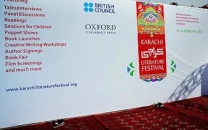


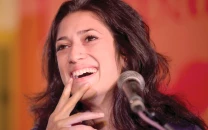
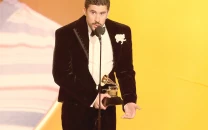
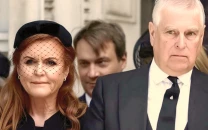
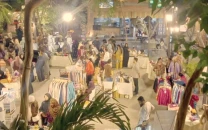












COMMENTS
Comments are moderated and generally will be posted if they are on-topic and not abusive.
For more information, please see our Comments FAQ